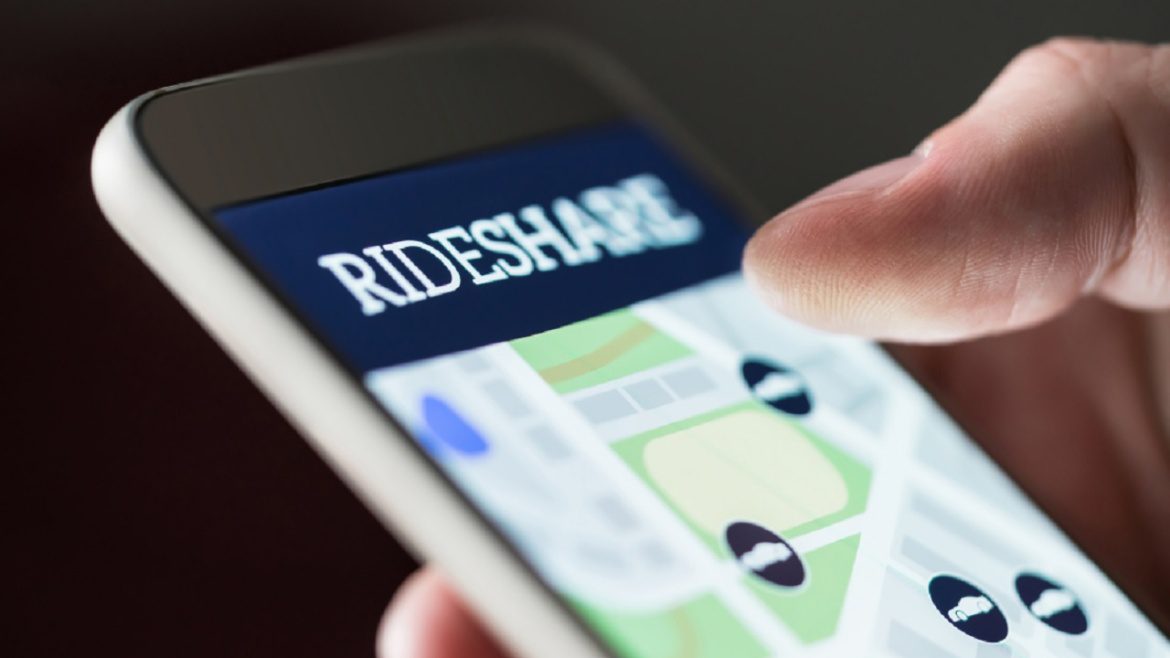In the immediate aftermath of an accident, the first step is to assess the situation thoroughly. This involves taking a moment to gather your thoughts and evaluate the environment around you. Are you in a safe location?
Is there any ongoing danger, such as traffic or fire? If you are in a vehicle, ensure that it is safe to exit before doing so. If you are on foot, be aware of your surroundings and any potential hazards that could pose a risk to your safety or the safety of others.
It is crucial to remain calm and composed, as panic can cloud judgment and lead to further complications. Once you have ensured your safety, it is essential to check on the well-being of others involved in the accident. This includes passengers in your vehicle, occupants of other vehicles, and pedestrians.
If anyone appears injured or in distress, it is vital to call for emergency services immediately. Even if injuries are not immediately apparent, it is wise to err on the side of caution. Some injuries, such as concussions or internal injuries, may not manifest symptoms right away.
Therefore, assessing the situation involves not only evaluating physical safety but also being aware of the emotional and psychological impact of the incident on all parties involved.
Key Takeaways
- Assess the situation: Take a moment to assess the accident and ensure everyone is safe.
- Exchange information: Exchange contact and insurance information with the other party involved in the accident.
- Seek medical attention: If anyone is injured, seek medical attention immediately.
- Report the accident: Report the accident to the police and your insurance company as soon as possible.
- Contact your insurance company: Notify your insurance company of the accident and provide them with all the necessary information.
Exchange Information
Exchanging Information
The exchange of information typically includes names, contact details, insurance information, and vehicle registration numbers. It is crucial to remain polite and cooperative during this process, as tensions can run high after an accident. A calm demeanor can help facilitate a smoother exchange of information and may prevent further escalation of emotions.
Gathering Circumstantial Evidence
In addition to personal information, it is also beneficial to take note of the circumstances surrounding the accident. This includes the time and location of the incident, weather conditions, and any relevant traffic signals or signs.
Documenting Details
If there are witnesses present, gathering their contact information can also be invaluable later on. Documenting these details can provide clarity and context when recounting the events to insurance companies or legal representatives. The more comprehensive your documentation, the better equipped you will be to navigate any potential disputes that may arise regarding fault or liability.
Seek Medical Attention

Regardless of whether you feel injured at the moment, seeking medical attention after an accident is a critical step that should not be overlooked. Adrenaline can mask pain and symptoms immediately following an incident, leading individuals to underestimate their injuries. It is advisable to visit a healthcare professional for a thorough evaluation, even if you believe you are unscathed.
Medical professionals can identify injuries that may not be immediately apparent and provide necessary treatment. Furthermore, obtaining medical attention creates a documented record of your condition following the accident. This documentation can be crucial if you decide to pursue compensation for injuries later on.
Medical records serve as evidence of your injuries and can substantiate claims made to insurance companies or in legal proceedings. In some cases, delays in seeking medical care can lead to complications in treatment and recovery, as well as challenges in proving that injuries were a direct result of the accident.
Report the Accident
Reporting the accident to local authorities is another essential step in the aftermath of a collision. Depending on the jurisdiction, it may be legally required to file a police report for accidents involving significant damage or injury. Even if it is not mandated by law, having an official report can provide an objective account of the incident that may be beneficial for insurance claims or legal matters later on.
When reporting the accident, be prepared to provide detailed information about what occurred. This includes your account of events, any witness statements, and relevant documentation such as photographs of the scene or damage. The police will typically conduct their investigation and compile a report that outlines their findings regarding fault and circumstances surrounding the accident.
This report can serve as an important piece of evidence when dealing with insurance companies or pursuing legal action.
Contact Your Insurance Company
Once you have reported the accident and sought medical attention, it is time to contact your insurance company. Prompt notification is crucial, as many policies require policyholders to report accidents within a specific timeframe. When speaking with your insurance representative, provide them with all relevant details about the incident, including information about other parties involved and any police reports filed.
Your insurance company will guide you through the claims process, which may involve submitting documentation such as medical records, repair estimates, and witness statements. It is important to keep detailed records of all communications with your insurer, including dates, times, and names of representatives spoken to. This documentation can be helpful if disputes arise regarding coverage or claims processing.
Additionally, understanding your policy’s coverage limits and deductibles will help you navigate potential out-of-pocket expenses related to repairs or medical bills.
Consider Legal Representation

In some cases, particularly those involving significant injuries or disputes over fault, it may be wise to consider legal representation. An experienced personal injury attorney can provide valuable guidance throughout the process and help protect your rights. They can assist in negotiating with insurance companies on your behalf and ensure that you receive fair compensation for your injuries and damages.
Legal representation becomes especially important if liability is contested or if you are facing challenges in obtaining compensation for medical expenses or lost wages. An attorney can help gather evidence, interview witnesses, and build a strong case that supports your claims. They are well-versed in navigating the complexities of personal injury law and can advocate for your best interests during negotiations or court proceedings.
Document the Accident
Thorough documentation of the accident is essential for building a strong case for insurance claims or legal action. This documentation should begin at the scene of the accident and continue throughout the recovery process. Take photographs of all vehicles involved from multiple angles, capturing any visible damage as well as relevant road conditions or signage that may have contributed to the incident.
In addition to photographs, keeping a detailed journal of your recovery process can be beneficial. Document any medical treatments received, symptoms experienced, and how your injuries impact daily life. This record can provide insight into the extent of your injuries and help substantiate claims for pain and suffering or loss of quality of life.
The more comprehensive your documentation, the stronger your position will be when negotiating with insurance companies or pursuing legal action.
Follow Up With Authorities
After reporting the accident and seeking medical attention, it is important to follow up with authorities as needed. This may involve checking on the status of any police reports filed or ensuring that all necessary documentation has been submitted correctly. If you have retained legal representation, they will often handle these communications on your behalf.
Additionally, following up with medical professionals regarding ongoing treatment is crucial for recovery. Attend all scheduled appointments and adhere to prescribed treatment plans to ensure optimal healing. Keeping open lines of communication with both medical providers and legal representatives will help ensure that all aspects of your case are managed effectively and that you receive appropriate care throughout your recovery journey.
In summary, navigating the aftermath of an accident requires careful attention to detail at every step of the process. From assessing the situation immediately following the incident to documenting every aspect of your recovery journey, each action taken can significantly impact your ability to secure compensation for damages incurred. By remaining organized and proactive throughout this process, you can better protect your rights and ensure that you receive the support needed during this challenging time.
If you have been involved in a rideshare accident, it is important to seek legal advice from professionals who stand by their clients. In a related article, Professionals Who Stand By, the importance of having a dedicated legal team to support you through the process of filing a claim and seeking compensation is highlighted. This article emphasizes the need for experienced professionals to guide you through the complexities of a rideshare accident case.
FAQs
What should I do immediately after a rideshare accident?
After a rideshare accident, the first thing you should do is ensure everyone is safe and call for medical assistance if needed. Then, report the accident to the police and gather information from all parties involved, including the rideshare driver, passengers, and any other drivers or witnesses.
Should I report the accident to the rideshare company?
Yes, it is important to report the accident to the rideshare company as soon as possible. They may have specific procedures for handling accidents and can provide guidance on how to proceed.
Do I need to exchange insurance information with the rideshare driver?
Yes, you should exchange insurance information with the rideshare driver, just as you would in any other car accident. This will be important for filing a claim with the insurance company.
Should I seek medical attention even if I don’t feel injured?
Yes, it is recommended to seek medical attention after a rideshare accident, even if you don’t feel injured. Some injuries may not be immediately apparent, and it is important to have a medical professional evaluate your condition.
Do I need to contact a lawyer after a rideshare accident?
It is advisable to contact a lawyer after a rideshare accident, especially if there are injuries or significant damage. A lawyer can help you navigate the legal process and ensure you receive fair compensation for any damages or injuries.

